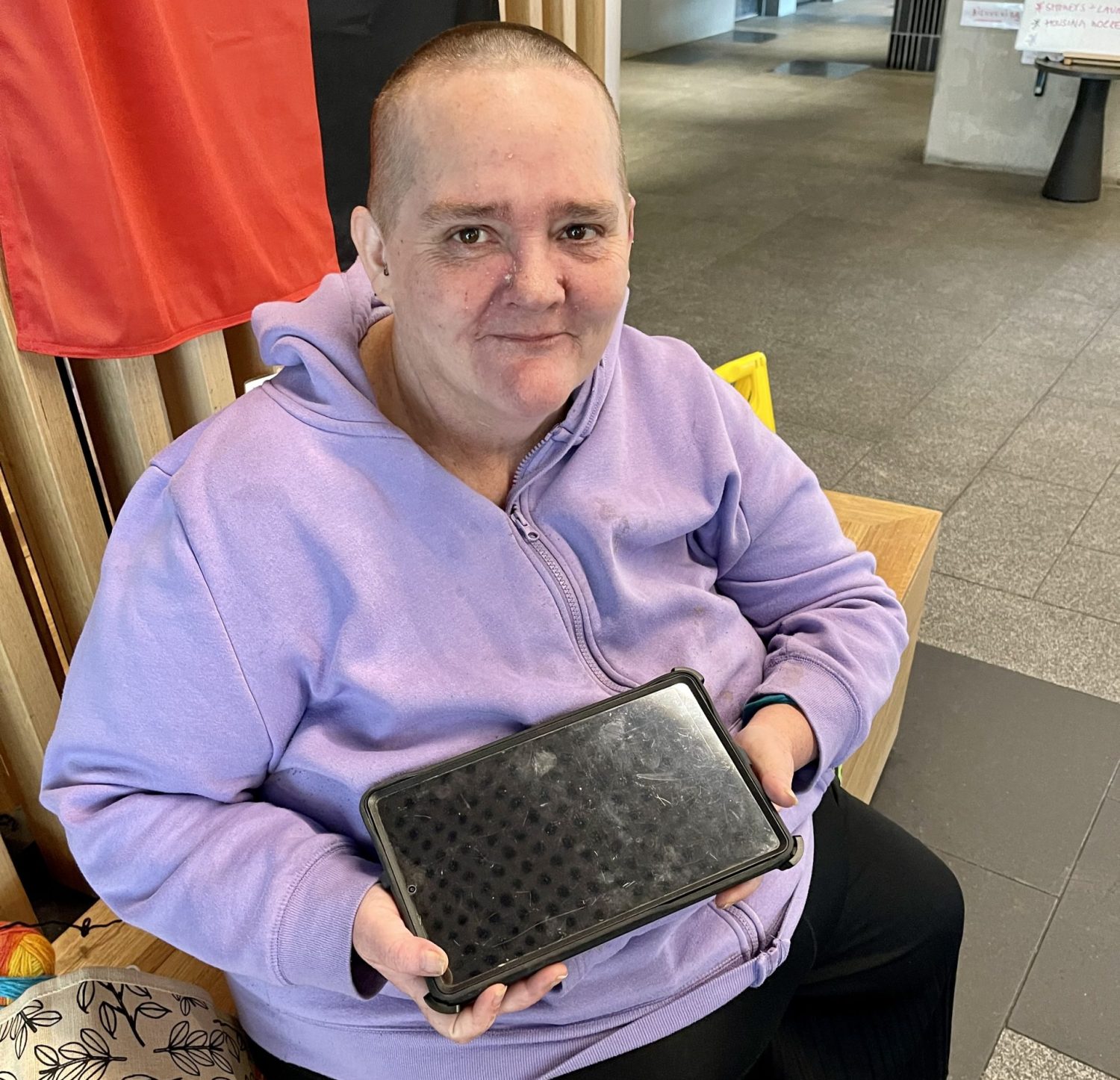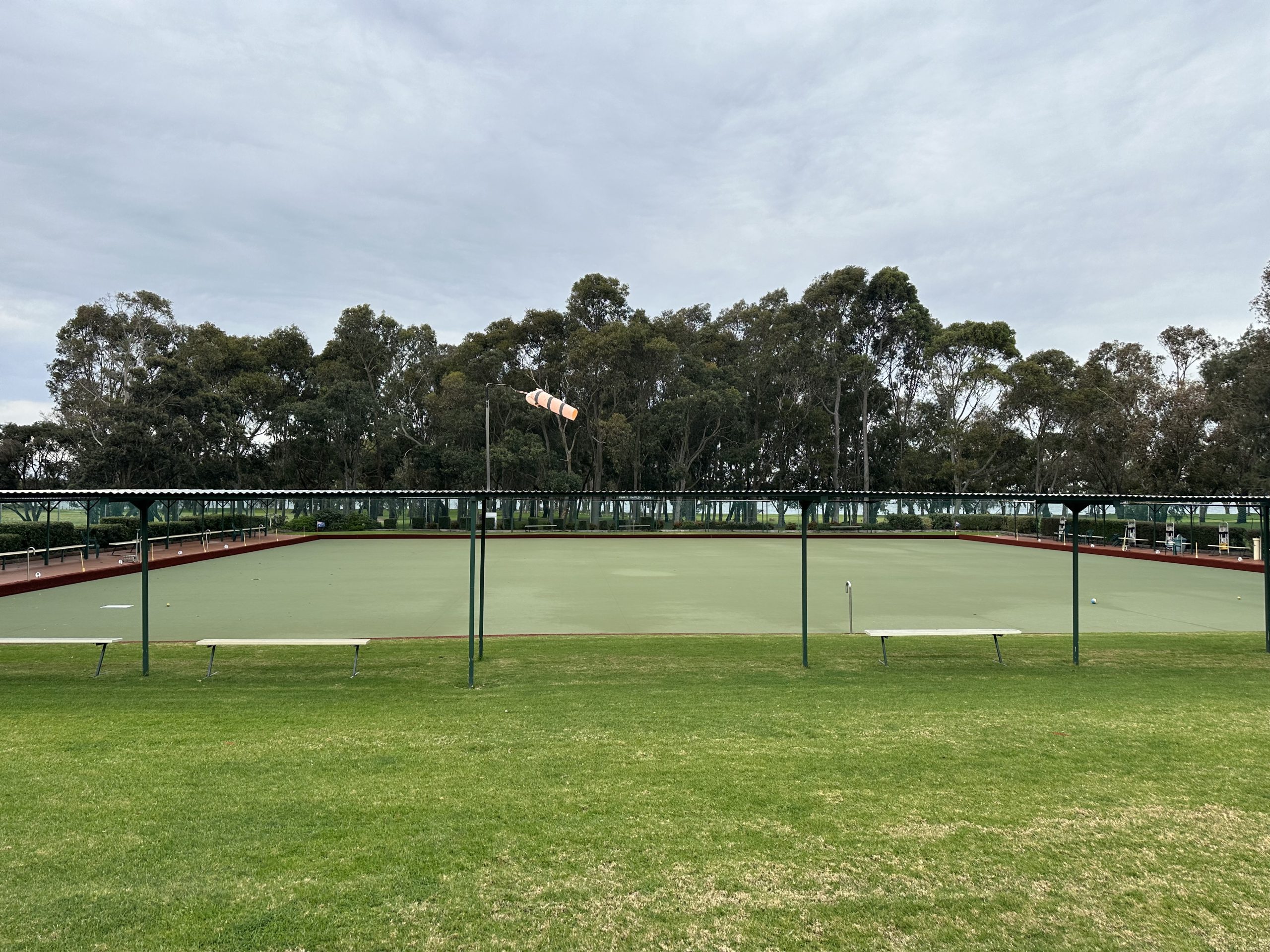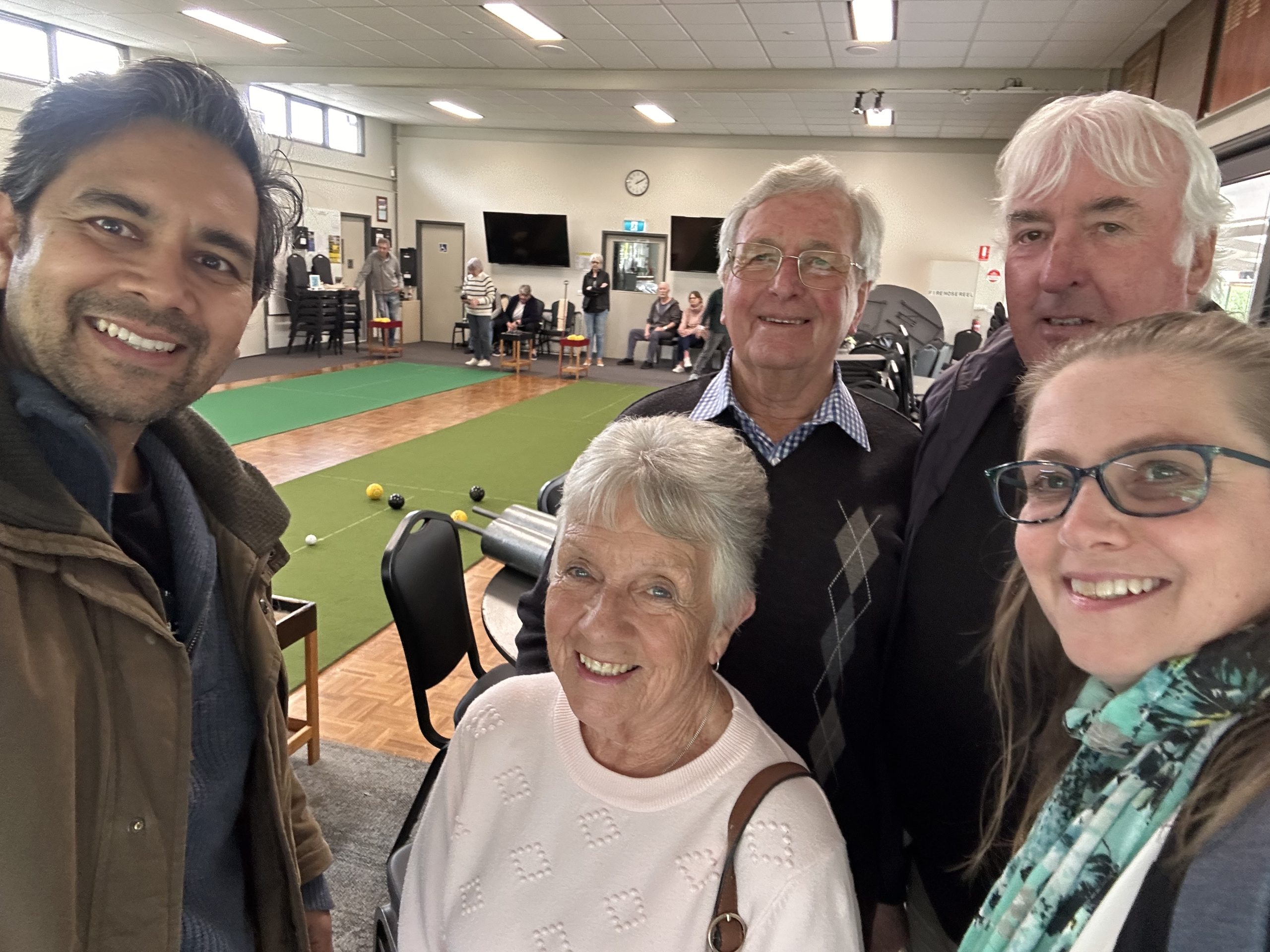We all know the drill. The frantic morning scramble, the endless debate about what’s “healthy” versus what’s “actually edible,” and the sinking feeling when you discover that soggy sandwich at the bottom of the school bag. Sound familiar? Well, chuck those soggy sangas in the bin, because we’re about to revolutionise your lunchbox game!
Packing a lunch that’s both nutritious and appealing to kids can feel like climbing Mount Everest in thongs. But it doesn’t have to be a battleground. Think of it as an opportunity to fuel your little legends for a day of learning, playing and general awesomeness. A good lunch sets your kids up for success (while avoiding the dreaded “hangry” meltdown at 4pm).
Lunchboxes in today’s world are a real mixed bag, with all sorts of foods vying for a spot. But packing a healthy lunch is about more than just filling a container – it plays a big part in teaching kids good eating habits they’ll have for life. Getting kids involved in packing their own lunches helps them learn why it’s important to eat a variety of whole foods, how food fuels their growth and development and how good it feels to share and enjoy a meal with mates. It also teaches them that “sometimes” foods, like those high in fat, sugar and salt, aren’t the best choice for every day.
For kids, lunchboxes are like little treasure chests, and what goes inside matters. Healthy lunchboxes give kids the know-how to choose the right amount of food and learn how to prepare some bits and pieces themselves. Plus, encouraging them to sit down, relax and take their time eating shows them that food is something to be savoured, and that lunchtime is a great opportunity to catch up and have a chat with their friends.
We’ve put together some tips and tricks to help you pack lunches that are not only good for your kids, but also something they’ll actually want to eat. Let’s face it: a lunchbox full of untouched “healthy” food is about as useful as a chocolate teapot.
First things first, get the kids involved! Let them help choose what goes in their lunchbox. This gives them a sense of ownership and makes them way more likely to chow down on what they’ve helped prepare. Think of it as a team effort – you provide the healthy options, they provide the (slightly less healthy, but still acceptable) preferences. Compromise is key, mates!
Variety is the spice of life, and the same goes for lunchboxes. Nobody wants to eat the same thing day in and day out. Mix it up with different fruits, veggies, whole grains, lean protein and healthy fats like avocado, cheese and seeds. Think colourful salads, mini quiches, wraps or even leftovers from dinner (because who doesn’t love a good curry for lunch?).
And now, for some inspiration! Here are a few ripper lunchbox recipes that are sure to be a hit:
1. Mini Chicken & Veggie Skewers: Cut cooked chicken breast into bite-sized pieces and thread them onto skewers with cherry tomatoes, cucumber chunks, and capsicum pieces. Serve with a small container of hummus for dipping. Easy, fun and packed with goodness!
2. Rainbow Quinoa Salad: Combine cooked quinoa with chopped cucumber, red capsicum, corn kernels, and black beans. Dress with a light vinaigrette and sprinkle with feta cheese. A colourful and nutritious salad that’s perfect for warm weather.
3. Ham & Cheese Pinwheels: Spread cream cheese on wholemeal tortillas, layer with ham and cheese, then roll up tightly and slice into pinwheels. A classic lunchbox staple with a fun twist.
Remember, presentation matters! Cut sandwiches into fun shapes, use colourful containers and add a little note or drawing to brighten their day. A little bit of effort goes a long way.
Packing healthy lunches doesn’t have to be a chore. With a bit of planning and creativity, you can create meals that your kids will love and that will keep them fuelled throughout the day. So, ditch the soggy sandwiches, embrace the lunchbox love and give your little legends the best start to their school day!












